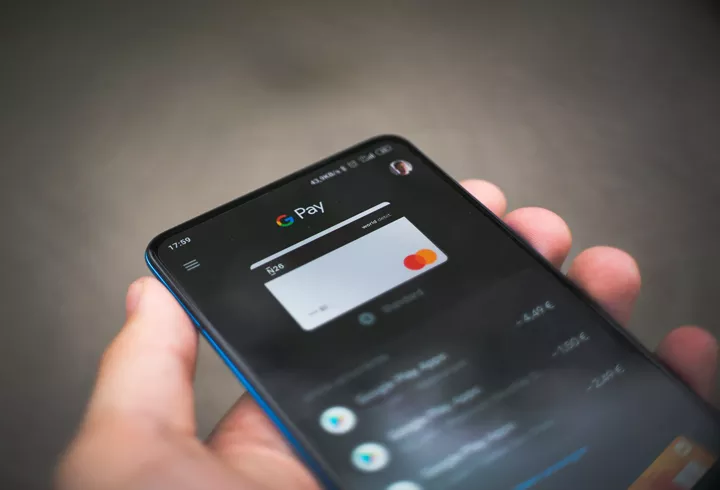Executing legal cross border transactions seamlessly and quickly remains a primary goal of every government across the developing and developed world. In pursuit of cross border finance, many governments, their treasury departments, and corporations are working towards achieving progress in this aspect.
The ease at which individuals can transact when in other countries can elevate the favorability of the host country multifold when it comes to economic activities. A good mechanism to carry out transactions indicates the country has a strong ecosystem for payments, and encourages the free flow of money, indicating the government’s support for local activities.
This can help local businesses, tourism, and other local economic activities flourish without any hindrance. Countries, therefore, have been making steady progress to ensure seamless cross border transactions experiences for citizens across nations. Let’s explore the case of a curious traveler visiting a beautiful country to fulfill his wanderlust.
Wouldn’t it be nice if he could directly visit any country he has on his bucket list, visit it, and not face any limitations when he has to deal with multiple currencies?
Yes, that sounds like a very ideal case scenario. But that is not how things work. The traveler would have to exchange his currency for the local currency at Foreign exchange centers. This may not be a pleasing experience always, given the amount of paper formalities that are usually involved.
We all know the nuisances cash transactions possess nowadays, especially since we all have a knack for always drawing out phones from our pockets, whenever we see a QR code. Alas, the foreign country is not India!s However, strong winds of discussions between governments of multiple nations indicate that the above possibility might soon be a reality.
Governments of France, UAE, Australia, Oman, Qatar, etc., have been carrying out discussions with NPCI, the Government of India, Finance Ministry, to explore the possibilities of expanding the UPI ecosystem from India to their countries. Sources who have credible knowledge about this say the Indian government too, is equally eager to see their technology cover international boundaries.
The discussions coming true might mean anyone from India having UPI activated to his bank account can transact seamlessly in other countries as well, just as he can do it in India, and vice-versa. Any foreign tourist, when he is in India can also transact via UPI to local businesses and people.
This can tremendously reduce the problems citizens face when they visit a abroad nation. Local businesses and tourism can get a major boost. UPI in India has helped achieve financial inclusion for millions of people ( both privileged and underprivileged). One who was not a part of the financial system in India is now a part – courtesy of UPI. The ease of operations, security, reliability, and the integration it possesses with India’s banking system, have all played a key role in UPI’s mass adoption and success in India.
Going ahead, the NPCI, RBI, Government of India should share the UPI stack with other nations, thus linking them to the digital payments model that is widely used in India. This can help citizens, businessmen, and travelers from either country carry out activities easily in their respective countries, removing all the hassles they had to face erstwhile.



